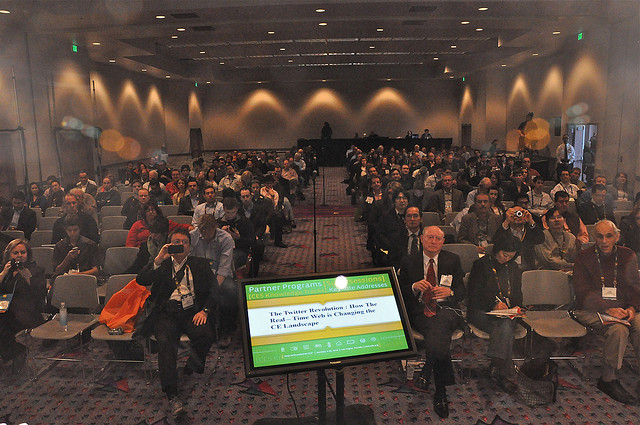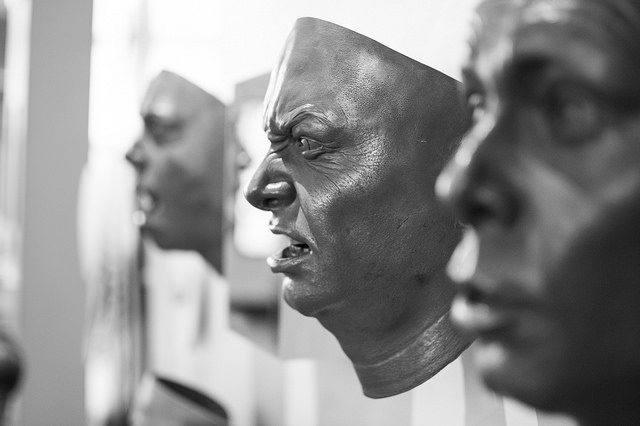Ability without honor is useless. – Cicero

The ability to wield a machete can help you in agriculture, or it can help you do less honorable things.
What does that mean?
A similar quote is attributed to Ralph Waldo Emerson, who said “Ability without honor has no value,” so it appears to be a popular thought.
Ability, in this quote, is talking about the capacity to do something. It doesn’t matter how impressive it is, but it means you can do something.
Honor, in this quote, is all about the knowledge and willingness to do what is right from a character or moral standpoint.
Together, being willing and able to do something, and to do so for the right reasons, is quite useful and helpful.
Conversely, being willing and able to do something, but doing so for the wrong reasons, is at best useless, but at worst criminal and even evil.
Why is honor important? Continue reading














